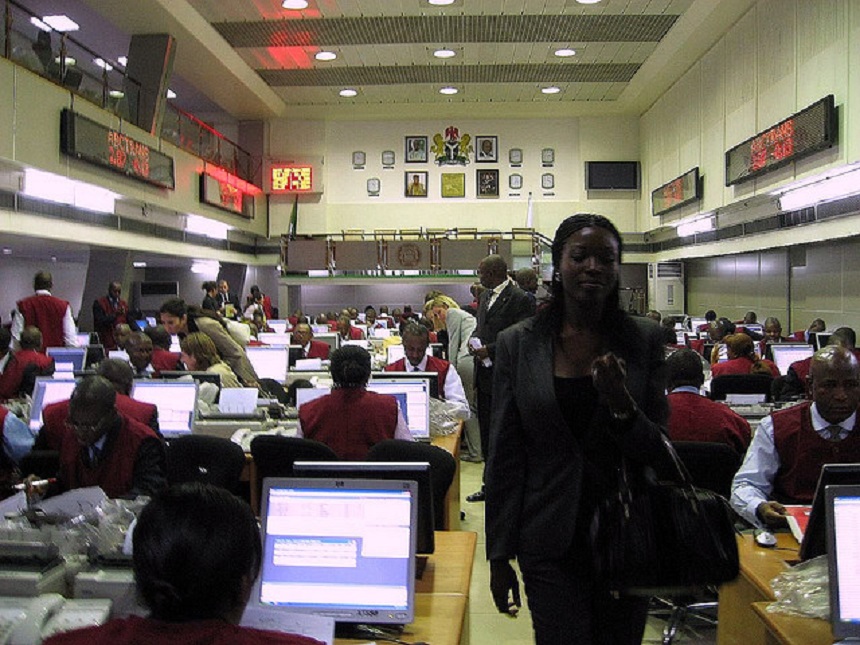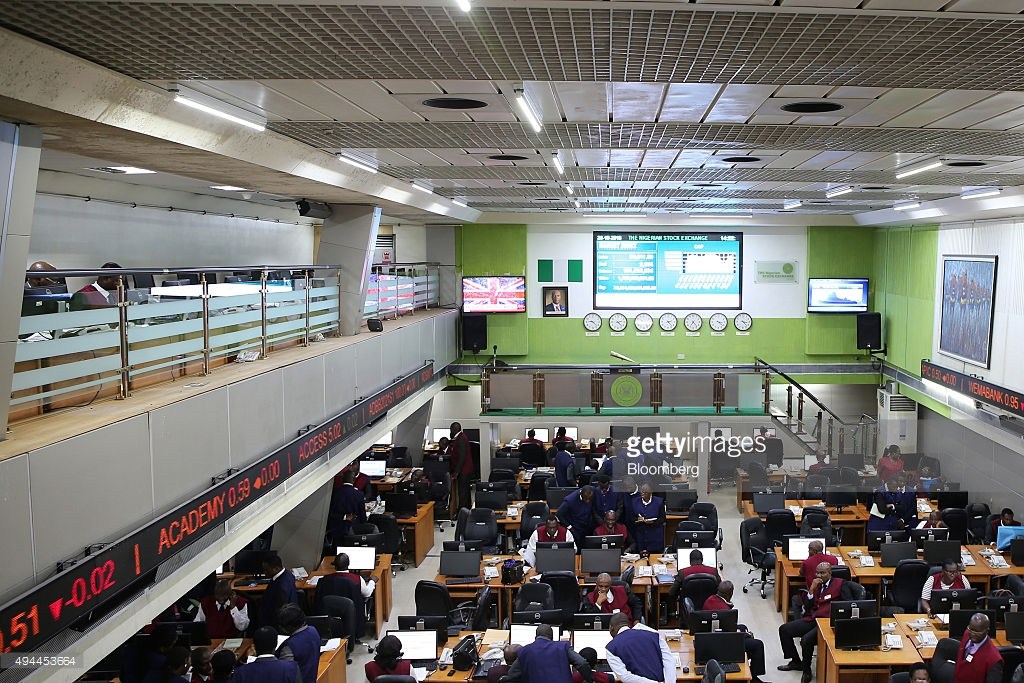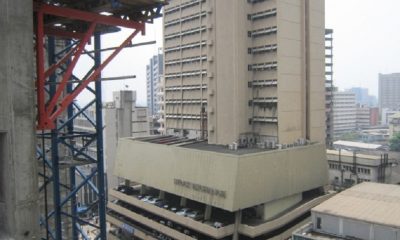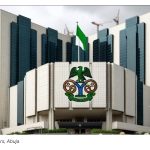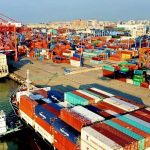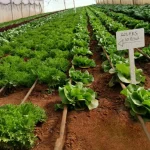Economy
Nigerian Stocks Sustain Upward Trend, Rise by 0.76%
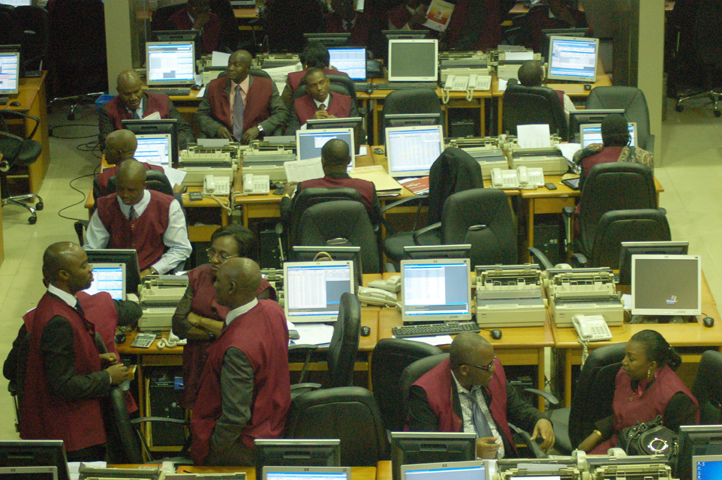
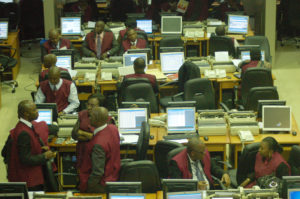
By Modupe Gbadeyanka
Equity transactions on the Nigerian Stock Exchange (NSE) consolidated on previous day’s uptrend on Wednesday with a marginal growth of 0.76 percent.
Some major capitalised stocks sustained price rally at the close of trading activities today just as investors gained N77 billion as buy pressure continues.
The major market indicators pointed northward with the All-Share Index (ASI) adding 221.72 points to settle at 29,498.31 points, while the market capitalisation increased by N77 billion to finish at N10.198 trillion and the year-to-date return ended at 9.76 percent.
Business Post reports that the number of equities that appreciated at the close of trading on the floor of the NSE stood at 31, while 18 stocks depreciated in price.
In addition, the volume of shares transacted today by investors declined as well as the value.
Investors exchanged a total of 343 million shares worth N3.34 billion executed in 4,905 deals compared with 833 million units traded yesterday in 6,259 deals valued at N7.6 billion.
Dangote Cement led the gainers’ table today with a growth of N7.90k to close at N175 per share, while Nestle appreciated by N5.1k to finish at N875.1k per share.
Other gainers were Total, which rose by N5 to settle at N265 per share; Nigerian Breweries, which went up by N3.50k to end at N149.50k per share; and Unilver, which advanced by N1.74k to finish at N37.49k per share.
Conversely, Seplat emerged the biggest loser, declining by N18.51k to end at N351.99k per share, while 7up followed with a fall of N4.98k to close at N94.77k per share.
GTBank depreciated by N1.79k to finish at N34.1k per share, Stanbic IBTC drowned by 75k to wrap the day at N26 per share, and Zenith Bank tumbled by 55k to settle at N18.95k per share.
Business Post reports that the Financial Services sector dominated the activity chart in terms of volumes of shares traded.
First Bank traded a total of 61.2 million shares worth N319 million, while Diamond Bank exchanged 41.9 million valued at N40.4 million.
Fidelity Bank transacted 38.8 million at N40.7 million, UBA traded 35 million shares valued at N264.8 million, while Zenith Bank exchanged 26.6 million worth N506.3 million.
Economy
Lagos Lists N230bn Series 4 10-Year Bond on Stock Exchange
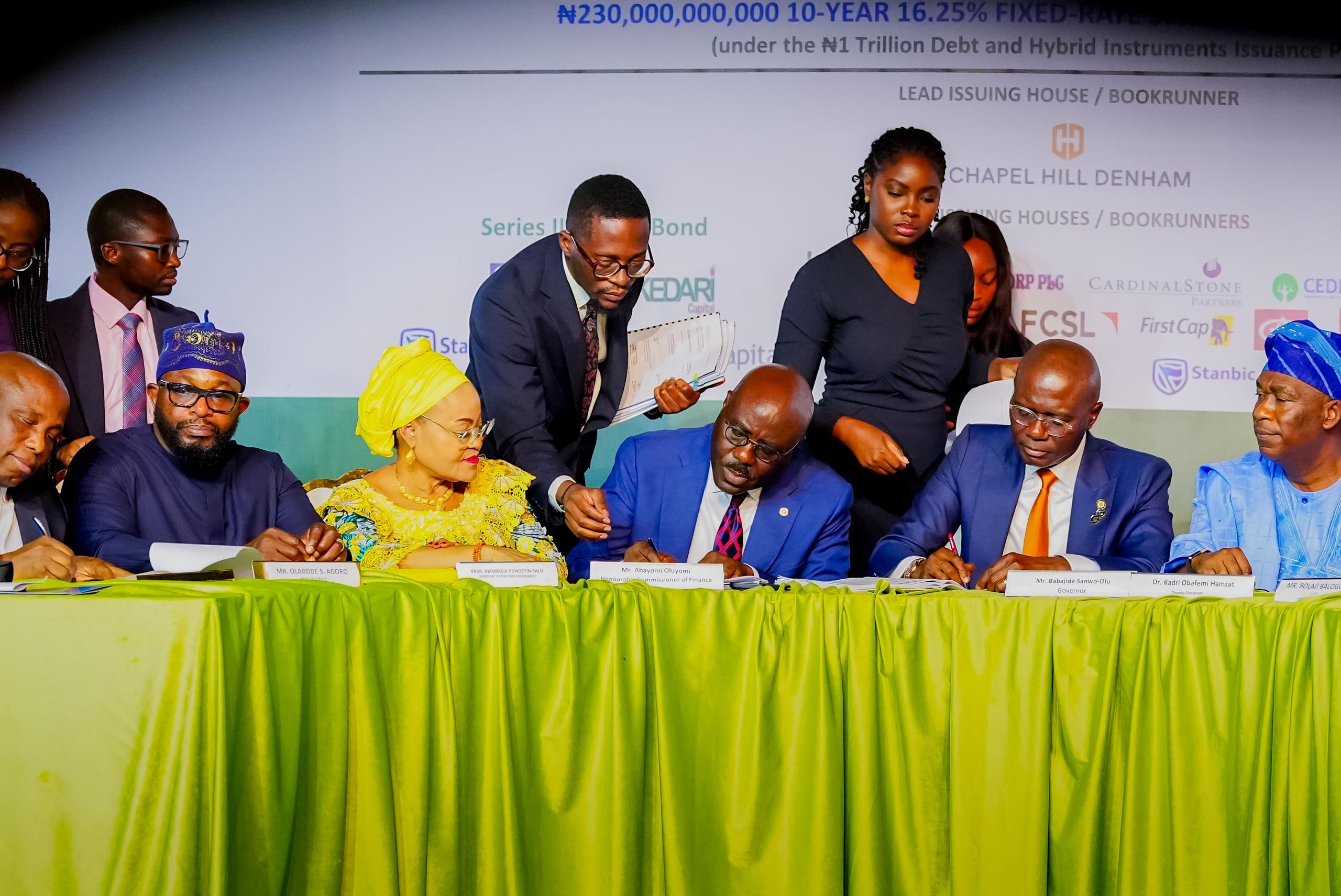
By Aduragbemi Omiyale
The N230 billion 10-year bond issued to investors by the Lagos State government has been listed on the Nigerian Exchange (NGX) Limited.
It was the Series 4 of the state government’s N1 trillion Debt and Hybrid Instruments Issuance Programme, which was sold at a coupon rate of 16.25 per cent.
It was offered for sale to bondholders in November 2025, with Chapel Hill Denham Advisory Limited as the leading issuing house and bookrunner.
The joint issuing houses and bookrunners were Asset & Resources Management Limited, Capital Bancorp Plc, Cardinal Stone Partners Limited, Cedrus Capital Limited, Comercio Partners Capital Limited, Cordros Advisory Services Limited, Coronation Merchant Bank Limited, Dynamic Portfolio Limited, FCMB Capital Markets Limited, FCSL Asset Management Company Limited, FirstCap Limited, G.A. Capital Limited, LeadCapital Plc, Light House Capital Limited, Phoenix Global Capital Markets Limited, Quantum Zenith Capital and Investments Limited, Radix Capital Partners Limited, SFS Financial Services Limited, Stanbic IBTC Capital Limited, United Capital Plc, and, Vetiva Advisory Services Limited.
The debt instruments are callable at par after 60 months, on any coupon payment date, subject to the issuer having obtained prior regulatory approvals and upon issuance of the requisite notice to bondholders.
Business Post reports that the bond was sold at a unit price of N1,000, with the interest to be paid to investors on every May 20 and November 20 until maturity.
According to the Governor of Lagos State, Mr Babajide Sanwo-Olu, proceeds from the exercise would be used for critical infrastructure in transportation, housing, the environment, healthcare, education, urban renewal, and the provision of other sustainable infrastructure that would serve the future needs of the state.
The listing of the debt instrument on the stock exchange today, Monday, February 9, 2026, allows investors to trade the bond at the secondary market.
Economy
CBN to Begin 304th MPC Meeting February 23
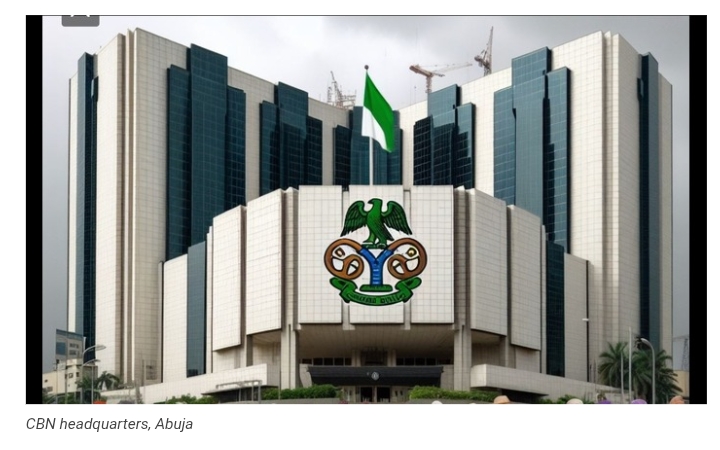
By Adedapo Adesanya
The Central Bank of Nigeria (CBN) has announced plans to hold its 304th Monetary Policy Committee (MPC) meeting on Monday, February 23 and Tuesday, February 24, 2026.
This information was disclosed in a circular published on the apex bank’s official website on Monday. This will be the first meeting of 2026.
The gathering comes amid sustained efforts by the CBN to rein in inflation, stabilise the foreign exchange market, and strengthen macroeconomic conditions.
At its last MPC meeting in November 2025, the central bank retained the Monetary Policy Rate (MPR) at 27 per cent, maintaining its restrictive posture in a bid to curb inflationary pressures and stabilise the foreign exchange (FX) market.
The MPC is one of the bank’s highest policy-making bodies, responsible for formulating monetary and credit policies aimed at ensuring price stability.
Through key instruments such as the MPR, Cash Reserve Ratio (CRR), and Liquidity Ratio (LR), the committee guides interest rate conditions and overall monetary direction in the economy.
Comprising the CBN Governor, Deputy Governors, Board members, and appointed external members, the committee meets periodically to review critical economic indicators, including inflation, gross domestic product, and exchange rate developments, before taking policy decisions.
The apex bank outlined the timetable and venue in its official notice.
“The 304th meeting of the Monetary Policy Committee (MPC) is scheduled to hold as follows,” the CBN said.
“Day 1: Monday, February 23, 2026 – Time: 10.00 a.m.”
“Day 2: Tuesday, February 24, 2026 – Time: 8.00 a.m.”
According to the circular, the meeting will take place at the MPC Meeting Room on the 11th floor of the CBN Head Office in Abuja.
Economy
NGX Lifts Suspension on Fortis Global Insurance

By Aduragbemi Omiyale
The suspension placed on trading in the shares of Fortis Global Insurance Plc has been lifted by the Nigerian Exchange (NGX) Limited after six years.
The embargo arose from the company’s violation of Rule 3.1: Rules for Filing of Accounts and Treatment of Default Filing (Default Filing Rules).
The underwriting firm, formerly known as Standard Alliance Insurance Plc, was suspended by the exchange on July 2, 2019, after the board failed to file the necessary financial statements.
Rule 3.1 provides that if an issuer fails to file the relevant accounts by the expiration of the cure period, the exchange will: a) send to the issuer a second filing deficiency notification within two business days after the end of the cure period, b) suspend trading in the issuer’s securities, and c) notify the Securities and Exchange Commission (SEC) and the market within 24 hours of the suspension.
A notice from the bourse last week disclosed that the company has now filed all outstanding financial statements due to the NGX, and in view of this, the embargo has been lifted pursuant to Rule 3.3 of the Default Filing Rules.
This section states that, “The suspension of trading in the issuer’s securities shall be lifted upon submission of the relevant accounts, provided the exchange is satisfied that the accounts comply with all applicable rules of the exchange.
“The exchange shall thereafter also announce through the medium by which the public and the SEC were initially notified of the suspension, that the suspension has been lifted.”
The bourse informed trading license holders and the investing public “that the suspension placed on trading on the shares of Fortis Global Insurance was lifted on Wednesday, February 4, 2026.”
-

 Feature/OPED6 years ago
Feature/OPED6 years agoDavos was Different this year
-
Travel/Tourism9 years ago
Lagos Seals Western Lodge Hotel In Ikorodu
-

 Showbiz3 years ago
Showbiz3 years agoEstranged Lover Releases Videos of Empress Njamah Bathing
-

 Banking8 years ago
Banking8 years agoSort Codes of GTBank Branches in Nigeria
-

 Economy3 years ago
Economy3 years agoSubsidy Removal: CNG at N130 Per Litre Cheaper Than Petrol—IPMAN
-

 Banking3 years ago
Banking3 years agoSort Codes of UBA Branches in Nigeria
-

 Banking3 years ago
Banking3 years agoFirst Bank Announces Planned Downtime
-

 Sports3 years ago
Sports3 years agoHighest Paid Nigerian Footballer – How Much Do Nigerian Footballers Earn


